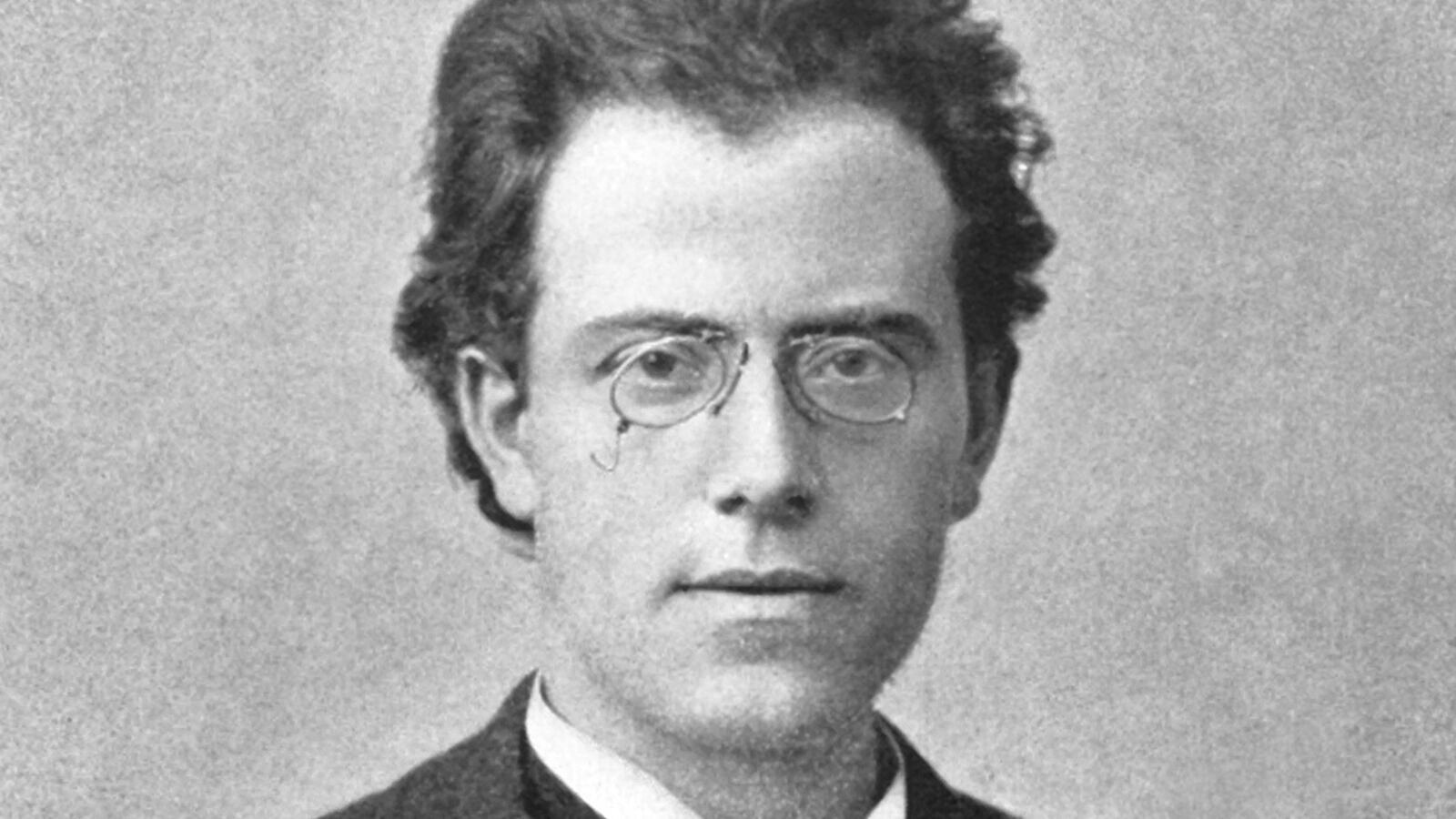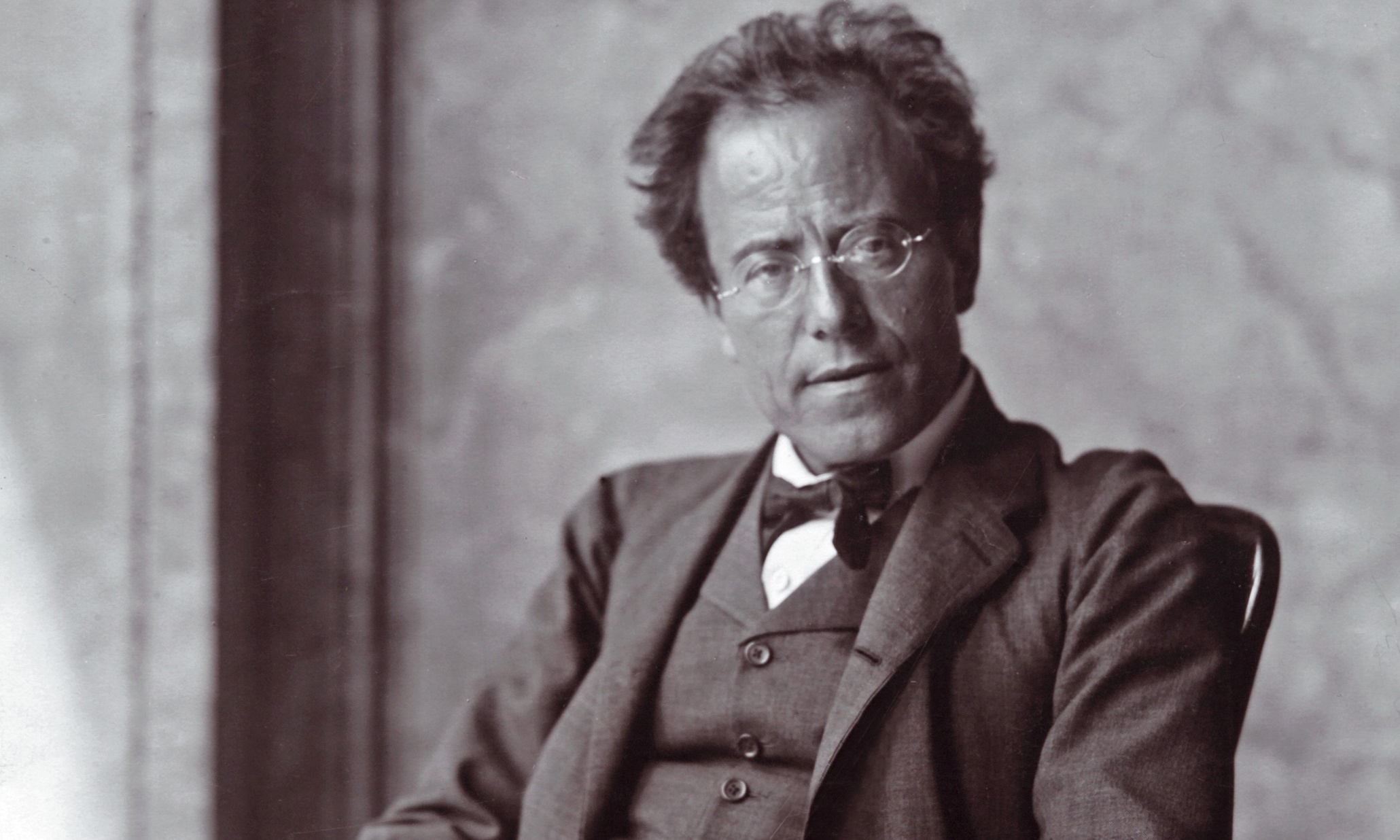Mahler’s Third Symphony: A Progression to the Divine
When Gustav Mahler and Jean Sibelius met in Helsinki in 1907, the two composers laid out radically contrasting conceptions of the symphony. Sibelius found beauty and ultimate meaning in the symphony’s “severity of form” and “profound logic.” “No!” Mahler replied. “The symphony must be like the world. It must embrace everything!” No Mahler Symphony gives us a greater sense of this cosmic scale than the Third. Set in six movements, it remains the longest symphony in …



